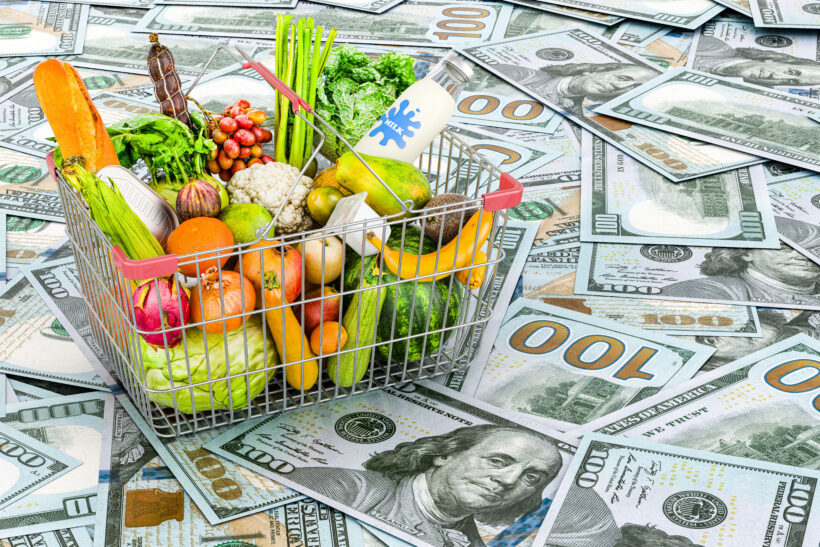Introduction
Saving money at the grocery store doesn’t have to mean sacrificing quality or nutrition. With a bit of planning and some savvy shopping techniques, you can significantly reduce your grocery bill without compromising on the items you need. In this article, we’ll explore practical tips and strategies to help you save money while shopping for groceries.
- Make a Meal Plan
One of the most effective ways to save money at the grocery store is to plan your meals in advance. By knowing exactly what you’ll be cooking, you can make a precise shopping list and avoid purchasing unnecessary items on impulse.
- Stick to Your Shopping List
Once you’ve created your meal plan, make a detailed shopping list and stick to it. Resist the temptation to veer off course and buy items that aren’t on your list. This discipline can help prevent impulse purchases and keep your spending in check.
- Set a Budget and Use Cash
Before heading to the grocery store, establish a budget for your shopping trip. Consider using cash instead of a credit or debit card, as it provides a tangible limit and reduces the likelihood of overspending.
- Take Advantage of Sales and Discounts
Keep an eye on flyers, newsletters, and digital platforms for discounts and sales offered by your local grocery stores. Take advantage of special offers on staple items or non-perishables that you frequently use.
- Buy Generic Brands
Store-brand or generic products are often just as high in quality as name brands, but come at a lower price. Consider trying out generic alternatives for items like canned goods, spices, and cleaning supplies to save money.
- Purchase in Bulk for Non-Perishables
Buying in bulk can lead to significant savings, especially for items with a longer shelf life. Consider stocking up on staples like rice, pasta, canned goods, and toiletries. Be sure to check the unit prices to ensure you’re getting the best deal.
- Shop Seasonal and Local
Fruits and vegetables that are in season are usually less expensive and taste fresher. Additionally, buying local produce can often be more affordable than imported options, while also supporting local farmers.
- Use Coupons and Cashback Apps
Explore digital and paper coupons for additional savings. Many grocery stores have their own apps or participate in cashback programs that offer discounts on selected items. Take advantage of these opportunities to save even more.
- Minimize Pre-Packaged and Processed Foods
Pre-packaged and processed foods tend to be more expensive than whole, unprocessed ingredients. Thus, opt for whole fruits, vegetables, and meats that you can prepare at home. Not only will this save you money, but it can also lead to healthier eating habits.
- Practice Proper Storage and Avoid Food Waste
Extend the life of your groceries by storing them properly. Also, use airtight containers, refrigerate perishables promptly, and be mindful of expiration dates. By reducing food waste, you’ll ultimately save money in the long run.
Conclusion
With a little planning and mindful shopping, you can significantly reduce your grocery expenses without sacrificing the quality of your meals. Incorporate these strategies into your shopping routine, and watch as your savings grow while your pantry remains well-stocked with everything you need. So, Happy and budget-friendly grocery shopping!
Disclaimer: This article is provided for informational purposes only and does not constitute financial, investment, or legal advice. The author and publisher are not responsible for any decisions made based on the information provided. Readers are advised to seek professional advice for their specific circumstances. Any reliance on the information in this article is at the reader’s own risk.
To read more, click here
Thank You For Reading, feel free to ask any questions in the comment section below.
Follow us on Social Media Platforms,
Click Here: Instagram, Facebook, YouTube, and Twitter
Stay Informed, Stay Responsible with My Finance World!










